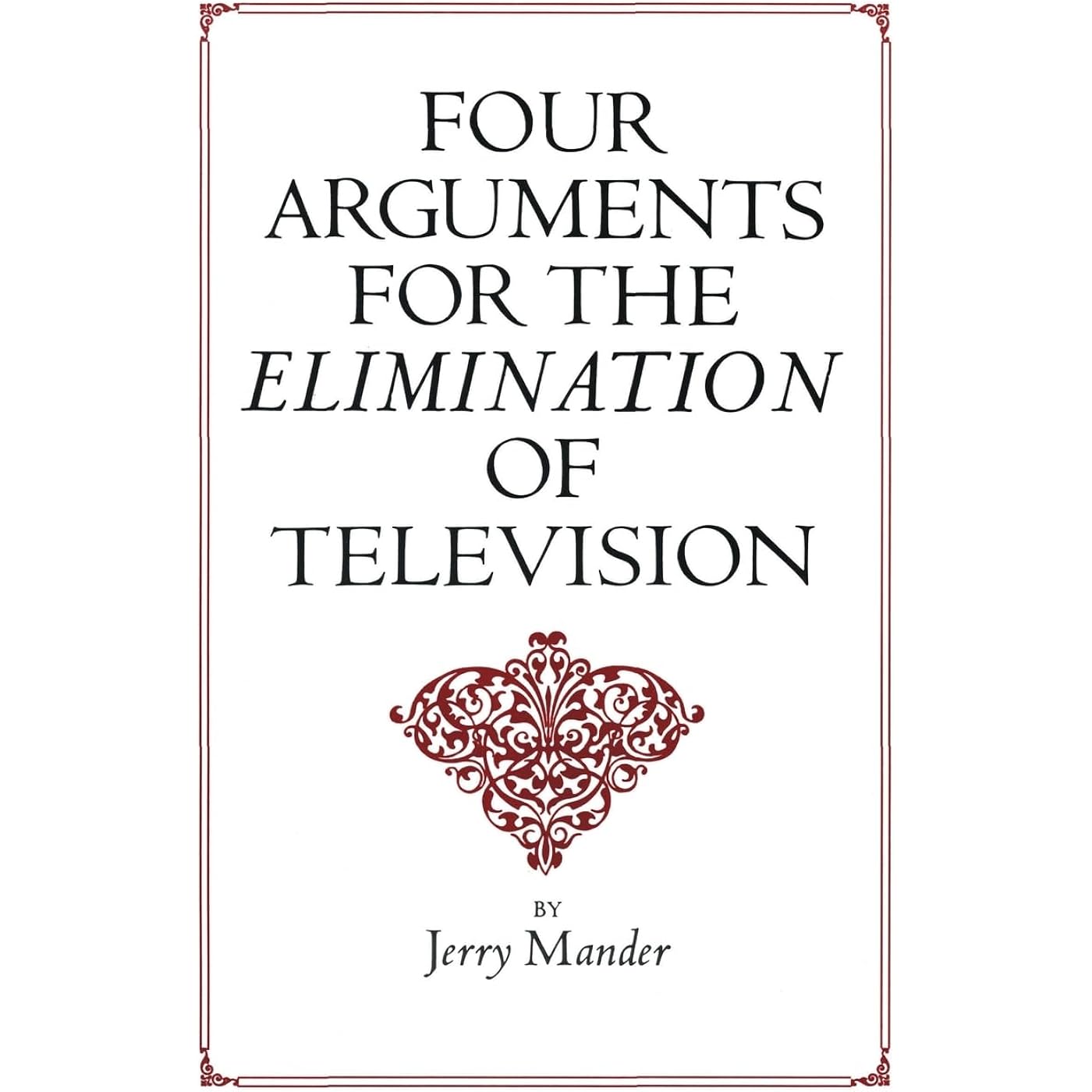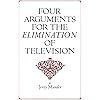

Ready to go? Add this product to your cart and select a plan during checkout. Payment plans are offered through our trusted finance partners Klarna, PayTomorrow, Affirm, Afterpay, Apple Pay, and PayPal. No-credit-needed leasing options through Acima may also be available at checkout.
Learn more about financing & leasing here.
30-day refund/replacement
To qualify for a full refund, items must be returned in their original, unused condition. If an item is returned in a used, damaged, or materially different state, you may be granted a partial refund.
To initiate a return, please visit our Returns Center.
View our full returns policy here.
Description
A total departure from previous writing about television, this book is the first ever to advocate that the medium is not reformable. Its problems are inherent in the technology itself and are so dangerous -- to personal health and sanity, to the environment, and to democratic processes -- that TV ought to be eliminated forever.Weaving personal experiences through meticulous research, the author ranges widely over aspects of television that have rarely been examined and never before joined together, allowing an entirely new, frightening image to emerge. The idea that all technologies are "neutral," benign instruments that can be used well or badly, is thrown open to profound doubt. Speaking of TV reform is, in the words of the author, "as absurd as speaking of the reform of a technology such as guns." Read more
Publisher : William Morrow Paperbacks; Reprint edition (March 1, 1978)
Language : English
Paperback : 384 pages
ISBN-10 : 0688082742
ISBN-13 : 41
Item Weight : 15.2 ounces
Dimensions : 5.5 x 0.85 x 8.25 inches
Best Sellers Rank: #94,385 in Books (See Top 100 in Books) #38 in TV History & Criticism #64 in Sociology of Social Theory #233 in Communication & Media Studies
#38 in TV History & Criticism:
#64 in Sociology of Social Theory: